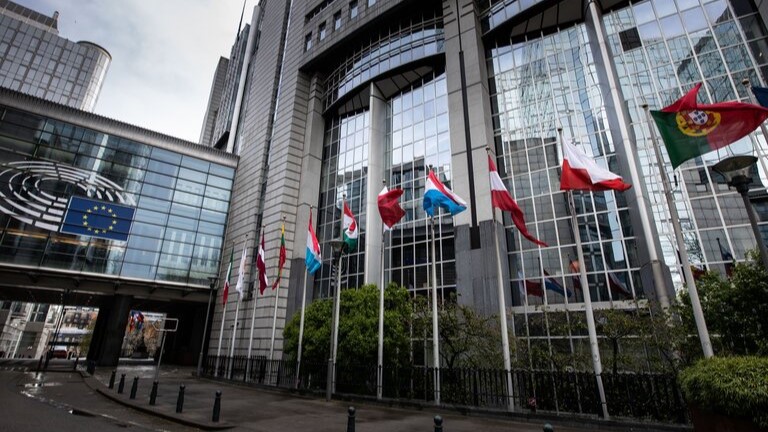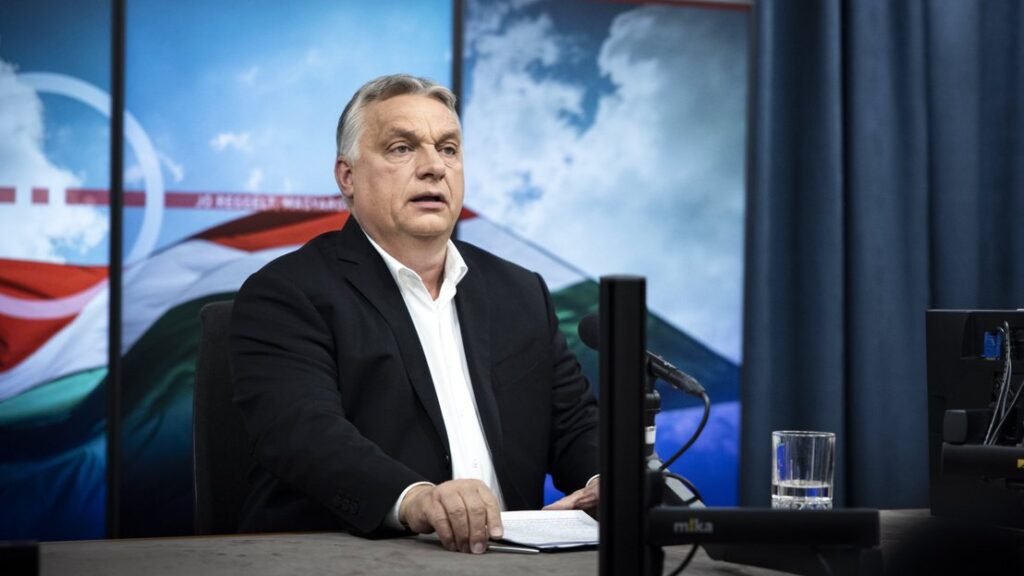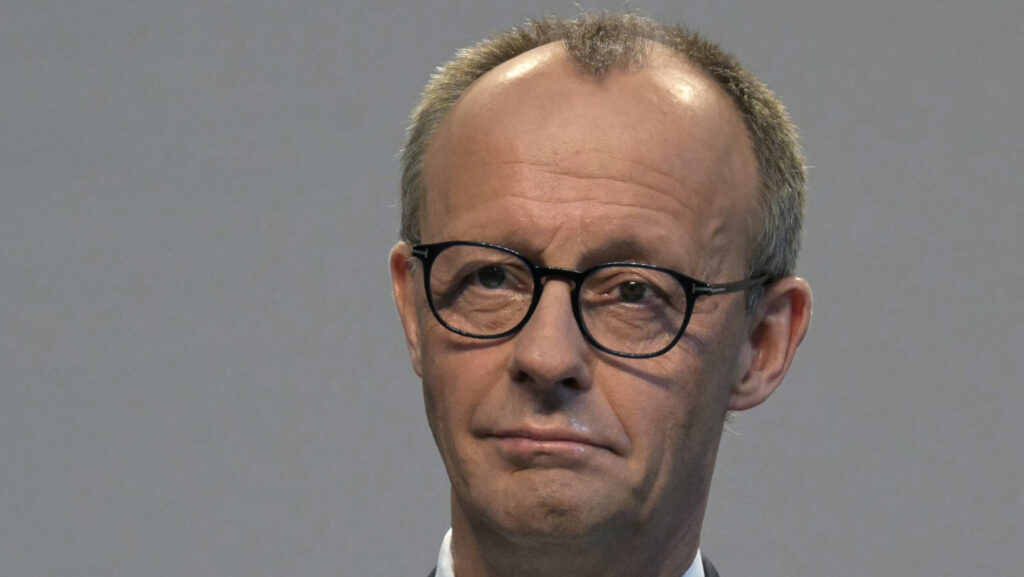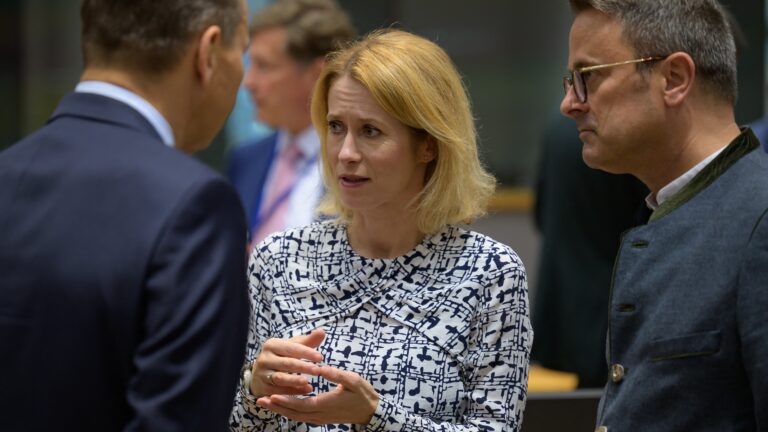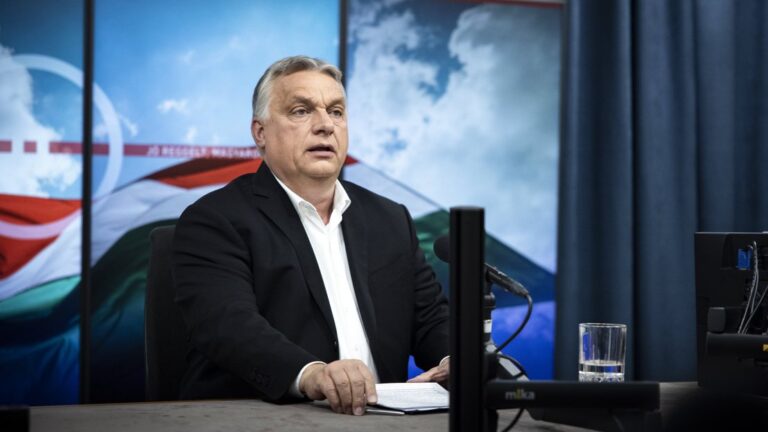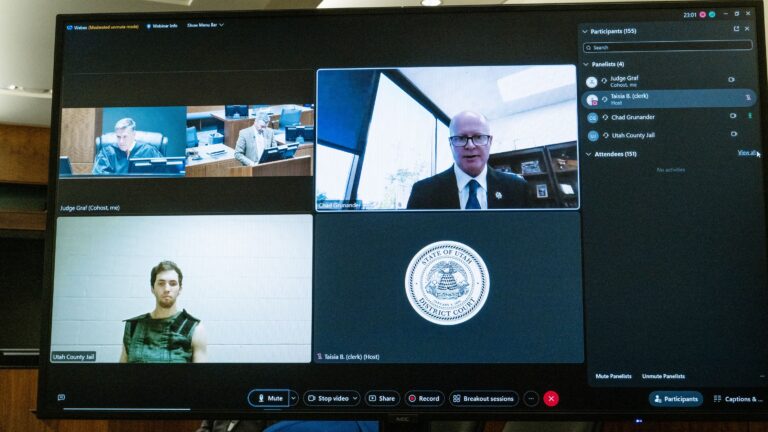On 21 May 2025 the President of the European Parliament announced that the Belgian authorities had requested the waiver of immunity for five members of the European Parliament. The MEPs whose immunities are now challenged are Fulvio Martusciello, Giusi Princi, Daniel Attard, Nikola Minchev and Salvatore De Meo. Their immunities were requested to be waived in connection with the Huawei cash-for-influence scandal. The procedure, which may end in the suspension of MEPs’ immunities, usually lasts for months. First, the EP’s Committee on Legal Affairs reviews the requests, then it votes on the matter, while the final verdict depends on a vote in the plenary.
Since March of this year Belgian authorities have been investigating certain members of the European Parliament for their possible complicity in Huawei’s schemes to influence the EU’s co-legislator. News first broke about the scandal when the police conducted 21 searches in Belgium and Portugal. It is suspected that some MEPs have accepted payments, gifts and other forms of remuneration for taking certain political positions that were favourable to the Chinese technology giant. The Belgian authorities’ investigation covers the period between 2021 and 2024, which involves both the 9th (2019–2024) and the current (2024–2029) Parliament. As part of the investigations, the offices of some parliamentary assistants were sealed.
‘It is suspected that some MEPs have accepted payments, gifts and other forms of remuneration’
Some Huawei lobbyists have already been arrested on suspicion of bribing current and former MEPs to promote the company’s trade policies. As Hungarian Conservative has covered earlier, one of the prime suspects is Valerio Ottati, who was the director of public affairs for Huawei’s EU office. Earlier, Ottati worked in the European Parliament as a parliamentary assistant to an Italian EPP and an Italian S&D member. Due to the involvement of Huawei lobbyists in the scandal since March, both the European Parliament and the Commission have banned Huawei from directly lobbying the EU. As of May 2025, eight people have been charged in relation to the Huawei probe.
Days before Roberta Metsola officially announced, MEPs Attard, Minchev, and De Meo had already disclosed to the public that their immunities had been requested by the competent authorities. All MEPs denied any wrongdoing and expressed readiness to cooperate with the national authorities to prove their innocence.
Daniel Attard is a Maltese Socialist (S&D) from the Partit Laburista. Attard claimed that in his case, questions were raised about his attendance at a Europa League football game—he claims he was initially unaware that the corporate tickets he used to attend were in fact provided by Huawei. Similarly to Attard, Nikola Minchev is also investigated for having participated in a football match at Huawei’s cost—according to Euronews. According to the Bulgarian MEP authorities, they merely want to verify whether he was involved in anything inappropriate. Minchev is a Bulgarian MEP from the We Continue the Change — Democratic Bulgaria party (affiliated with Renew Europe).
Minchev, who was elected to the EP last summer, stated earlier that the tickets had been sourced by an individual with indirect links to Huawei. In fact, the office of Minchev’s assistant, Adam Mouchtar, was among the offices the police raided in mid-March. Shortly after the raid, Minchev suspended his assistant, Mouchtar, whose name also appeared in news reports about EU40, a networking group for MEPs headed by Eva Kaili, a prime suspect in the Qatargate scandal.
MEP Martusciello’s involvement in the scandal was suspected early on, due to the detention of his parliamentary assistant as part of the probe in Italy. Just like Fulvio Martusciello, Giusi Princi and Salvatore De Meo are also Italian members of the European Parliament from Forza Italia (European People’s Party). MEP Giusi Princi has denied any involvement in the Huawei case. She stated that she could not have attended the meeting she was accused of participating in, as she was in a different country at the time and had not yet assumed her role as an MEP. Similar to the other MEPs whose immunity was requested to be waived, De Meo also denied any wrongdoing and said that his immunity was requested by the authorities as he attended an event outside the EP, where, allegedly, Huawei representatives were also present.
The request to waive members’ immunity is not a guilty verdict, but suspending MEPs’ immunity is needed to facilitate the competent authorities’ investigation. Once their immunities are waived, representatives can be summoned for official questioning. The current scandal is far from the only corruption probe that is ongoing against members of the European Parliament. Two MEPs’ immunity was requested to be waived earlier this year in relation to the Qatargate scandal, but the EP has so far failed to vote on suspending these representatives’ immunity. At the beginning of the Qatargate scandal, police found more than 1.5 million EUR in cash hidden in the homes of the parliamentarians suspected of having served the interests of the governments of Qatar, Morocco and Mauritania during their mandate in exchange for cash. The investigation, which has not produced any serious convictions two years after its commencement, is still ongoing.
Related articles:

